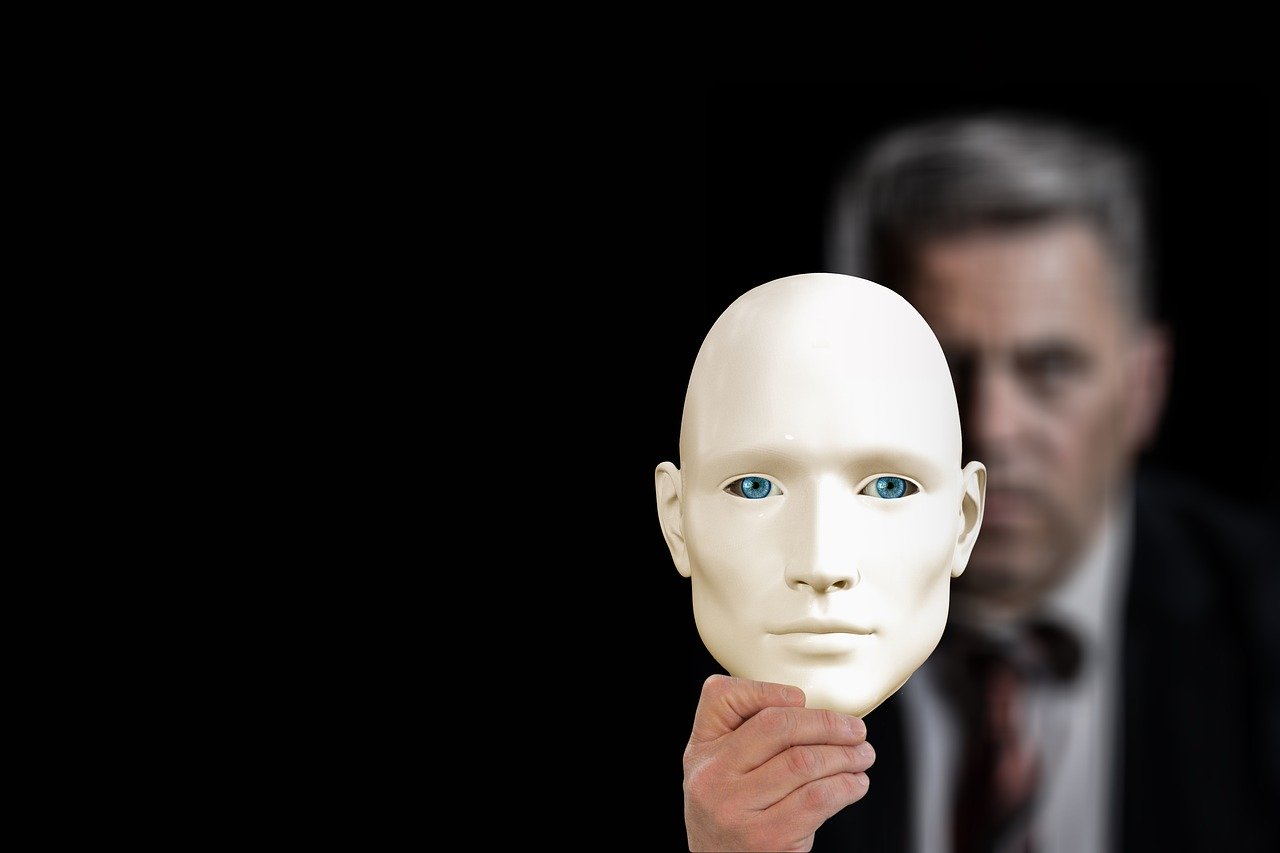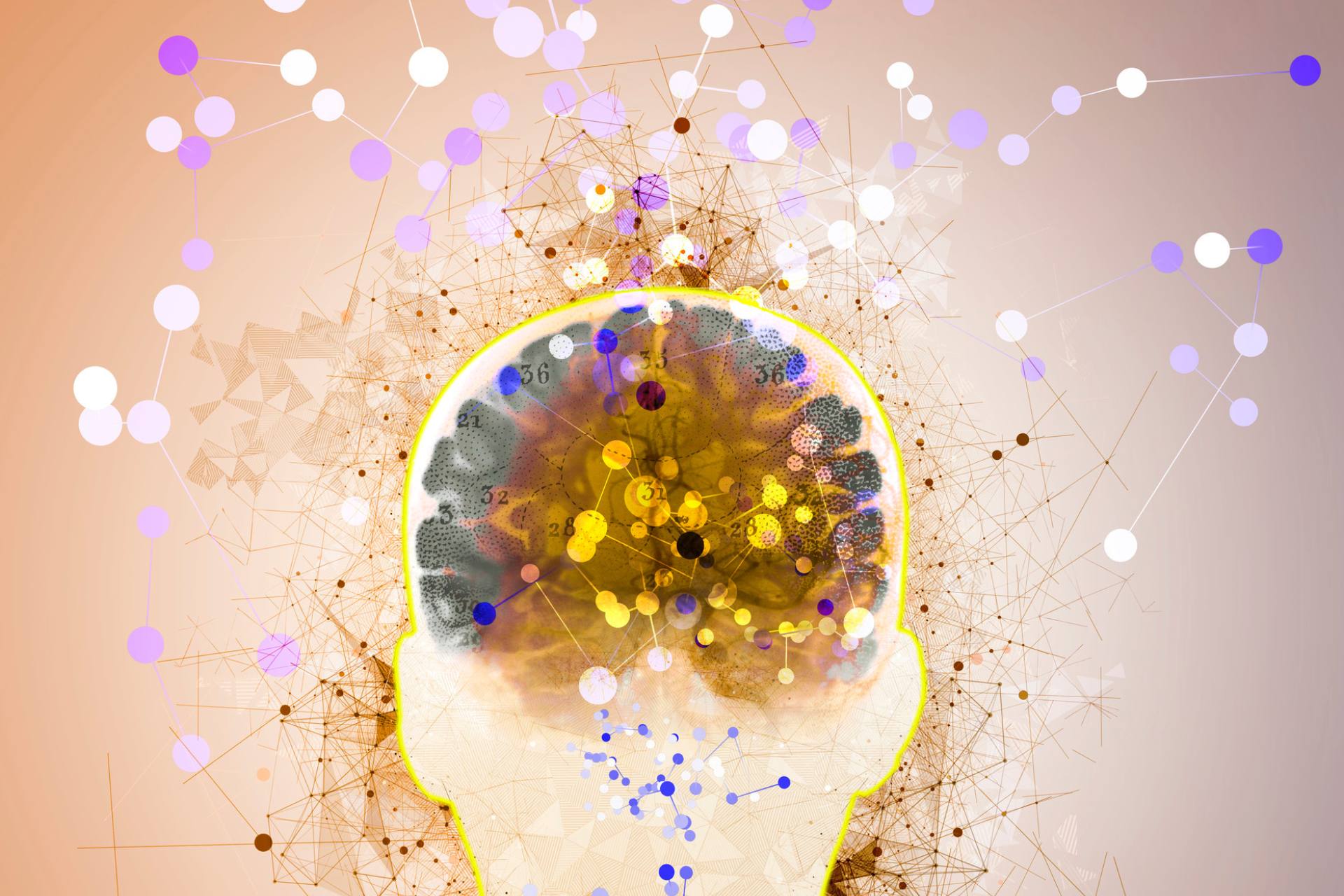Ego death is rooted in eastern philosophies like Buddhism and Hinduism and concepts around spiritual awakening, transcendence, enlightenment and self-realisation.
It is viewed as a necessary step towards achieving spiritual liberation and breaking free from the cycle of karmic suffering.
In contrast, western philosophies may interpret ego death either as a psychological phenomenon that leads to personal growth and self-discovery, or as a dangerous and destabilising state of mind.
What is ego death?
Regardless of cultural or philosophical perspectives, ego death is often described as a profound psychological experience where an individual’s sense of self or identity dissolves, leading to a transcendental state of consciousness.
It is often associated with spiritual or psychedelic experiences, in which the boundaries between oneself and the external world blur, resulting in a loss of egoic attachments and a deep sense of interconnectedness.
The word “death” has negative connotations and ego dissolution might be a better term.
The ego does not die; rather, it is transcended, or dissolves, and merges into the greater part of who we are.
What does the ego mean in a spiritual context?
The ego is frequently regarded as the part of our consciousness that creates a sense of self that separates us from others.
It is crucial in shaping our identity, navigating us through life, establishing our individuality and determining how we perceive ourselves in relation to the world around us.
We can also be constrained and prevented from fully experiencing life and the interconnectedness of all things if the ego has become dysfunctional, unbalanced, or unhealthy.
However, it’s important to note that in a spiritual context, the ego is not considered a fixed entity, but rather a construct – much like a filter of perception around us – that can be transcended or dissolved.
Eckhart Tolle describes the ego-self as “a false sense based on mental concepts. It is identification with the body and the mind – primarily identification with thought form.”
He also says, “the moment you become aware of the ego in you, it is strictly speaking no longer the ego, but just an old, conditioned mind-pattern. Ego implies unawareness. Awareness and ego cannot coexist.”
What causes ego death?
Ego death can occur through meditation, deep introspection practices, intense spiritual experiences, psychedelic substances or traumatic and near-death experiences.
What are the benefits of ego death?
Understanding ego death is considered important in spiritual growth because it enables us to profoundly shift our perception. To transcend our limited sense of self and tap into the deeper expansiveness of our infinite or true Self.
By experiencing ego death, we can let go of our attachment to material possessions and societal expectations, ego-driven desires, fears, limitations and beliefs that do not serve our happiness and personal growth. We can increase our self-awareness and authenticity.
It can also foster empathy and compassion for others when we experience interconnectedness, and the unity in our diversity.
It is also important to remember that not everyone will have an ego death experience, and that it is not necessary for personal growth or spiritual development.
What are the challenges and risks of ego death?
The pursuit of ego death through spiritual awakening experiences and psycho-active drugs is becoming increasingly popular. The effects can vary greatly from person to person, and the intensity and duration of the experience can also differ.
Commonly it generates feelings of disorientation, anxiety, disconnection to your life and world around you, and an unexpected loss of identity.
Outside of the context of eastern and indigenous cultures, it can be an intensely overwhelming experience so it’s crucial to approach it with caution and proper guidance. It may not be suitable for everyone and can potentially trigger psychological distress and depression, and be emotionally challenging for some individuals.
Additionally, integrating the insights gained from ego death into everyday life can be a complex process that requires ongoing self-reflection and integration practices.
Many people find the ego death experience to be a transformative and meaningful experience.
It can help individuals to break down their ego and connect with the world in a deeper way.
For those who are interested in exploring this experience, it is important to approach it with an open mind and a deep respect for the power of the mind and spirit.
Recommended: Explore Jules Evans for a western perspective of what he calls “spiritual emergencies”. He has written two books, The Art of Losing Control, how people find ecstatic experiences in modern western culture, and a book on spiritual emergencies co-edited with Dr Tim Read, called Breaking Open: Finding a Way Through Spiritual Emergency.
Adyashanti’s description of ego death
Adyashanti is a renowned spiritual teacher and author known for his teachings on awakening and enlightenment. He offers a unique perspective on spirituality, blending eastern philosophy with western psychology to guide individuals towards self-realisation and inner peace. His teachings emphasise the direct experience of truth and the dissolution of egoic patterns, making him a highly respected figure in the field of spiritual awakening.
Adyashanti explains that the ego is a perspective that arises from the accumulation of experiences in the human psyche (our conditioned identity).
In reality, it is not a stable entity, but we presume that it is because we identify with the ego and say, “I am that.”
Ego death is shifting away from this learned identity and toward a broader, more holistic perspective that goes beyond the conditioned ego-identity.
As Adyashanti so eloquently puts it, ego death is a “transition experience” in which we transcend from ego-self consciousness (conditioned) to higher-self or unity consciousness (unconditioned).
However, because we are dissolving so much of what we unconsciously identified as ‘ourself,’ the shift away from this paradigm in our pscyhe – our worldview, beliefs, truths and so on – feels like a form of ‘death’ to the ego-identity that has dominated our perspective for all of our lives.
This transition may be experienced quite dramatically for some, yet in its essence it is simply a shift of perspective from one to the other.
Watch Adyashanti talk about the death of the ego on YouTube
Recommended: Explore Adyashanti‘s book The End of Your World, which is his response to a growing need for direction on the spiritual path. “Information about life after awakening is usually not made public,” explains Adyashanti. “It’s most often shared only between teachers and their students.”



